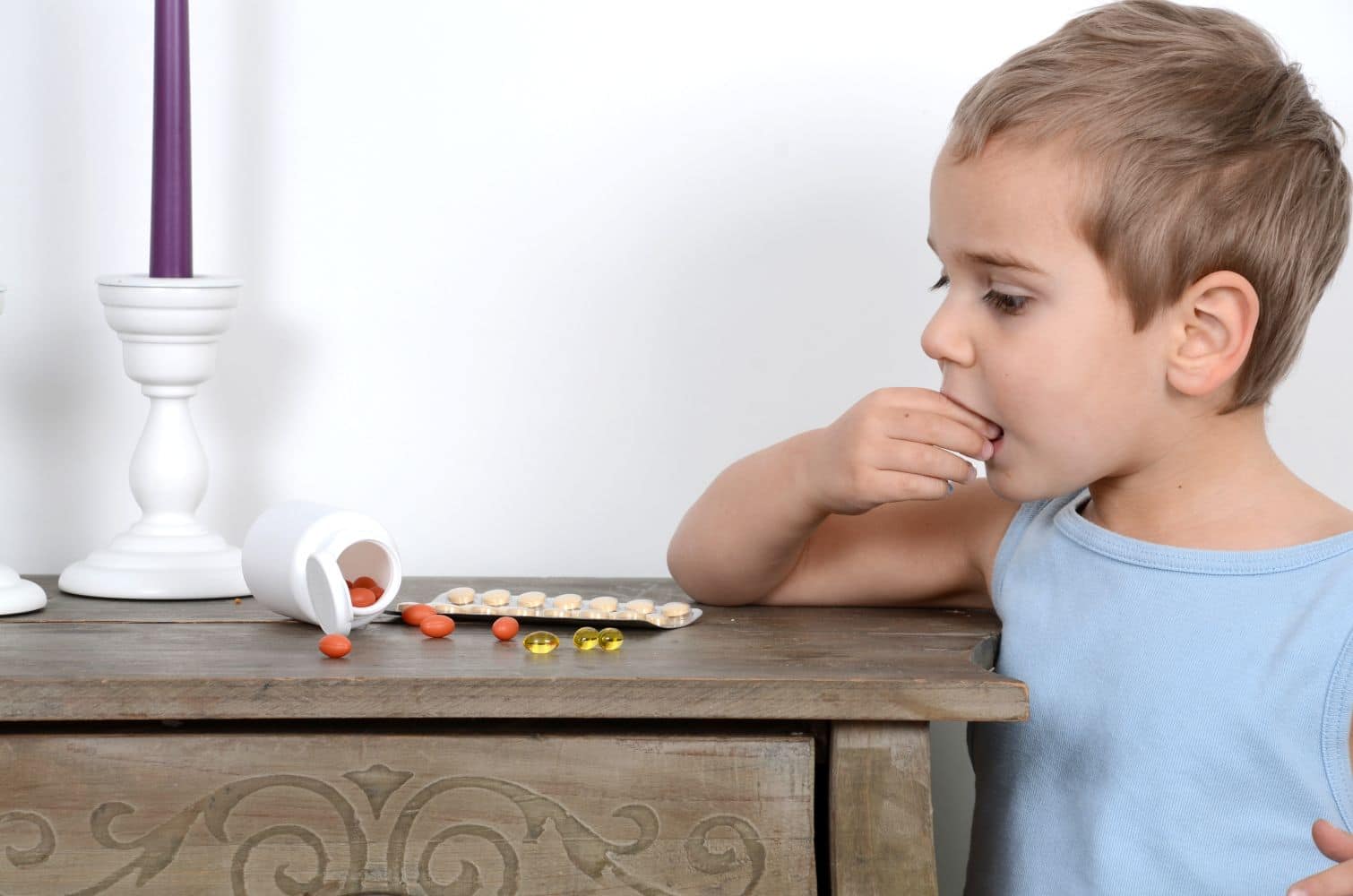Preventing Poisoning in Young Children
What are common causes of poisoning in children?
Common causes of poisoning in children can vary depending on the age of the child and their environment. Some common causes of poisoning in children include:
- Medications: Accidental ingestion of medications, including prescription drugs, over-the-counter medications, and supplements, is a leading cause of poisoning in children. This can occur when medications are left within reach or improperly stored.
- Household cleaners and chemicals: Ingestion or contact with household cleaners, such as bleach, laundry detergent, or dishwasher pods, can result in poisoning in children. These products should be stored out of reach and in childproof containers.
- Cosmetics and personal care products: Children may be at risk of poisoning if they ingest or apply products such as perfume, nail polish remover, or hair dye. Keep these products out of reach of children.
- Plants: Some common household plants, such as philodendron, lilies, and poinsettias, can be toxic if ingested by children. Keep plants out of reach or choose non-toxic varieties.
- Carbon monoxide: Exposure to carbon monoxide, a colorless and odorless gas produced by appliances such as gas stoves, furnaces, and fireplaces, can result in poisoning in children. Install carbon monoxide detectors in your home to prevent exposure.
- Lead: Children may be exposed to lead through peeling paint in older homes, contaminated soil or water, or lead-containing products. Lead poisoning can have serious health effects, so it is important to take steps to prevent exposure.
- Insecticides and pesticides: Ingestion or contact with insecticides and pesticides used in homes or gardens can result in poisoning in children. Store these products securely and use them according to instructions.
It is important to take precautions to prevent poisoning in children, such as storing hazardous substances out of reach, using childproof containers, and educating children about the dangers of ingesting harmful substances. If you suspect that a child has been poisoned, contact Poison Control or seek medical help immediately. See here for further baby safety tips.




